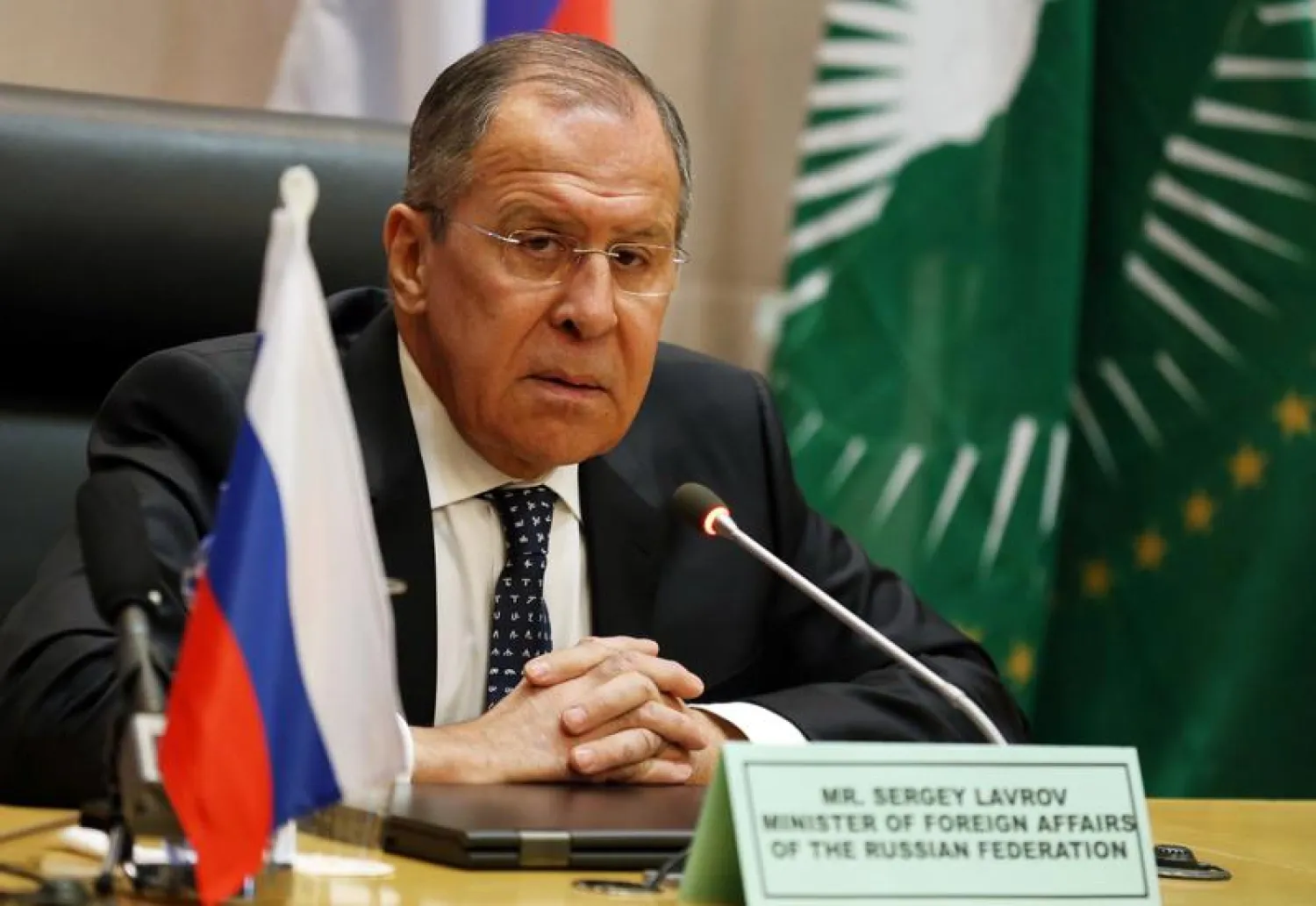Ahead of an anticipated round of talks with leaders from the Syrian Democratic Council, Russian Foreign Minister Sergey Lavrov warned the Kurds in Syria not to be “lured” by promises made by Washington.
According to Lavrov, Washington’s behavior threatens to trigger a “Kurdish problem” not in Syria alone but across the region.
A Syrian Democratic Council delegation headed by Ilham Ahmed was supposed to meet with Lavrov. However, the meeting was postponed due to complications that arose on the delegation’s way to Moscow, sources told Asharq Al-Awsat.
The meeting will likely be rescheduled to early next week, sources revealed.
Lavrov’s Tuesday remarks came after talks with visiting Archbishop Paul Richard Gallagher, Secretary for Relations with States within the Holy See’s Secretariat of State.
Washington’s support of separatist tendencies in northeastern Syria, according to Lavrov, will result in an exacerbation of the Kurdish problem, not only in Syria but also in the countries of the region.
“Kurds should feel themselves part of Syrian society. We maintain close contacts with Kurdish representatives and are ready to do our best so that their legal interests are taken into account when forming new political frames in the context of the Constitutional Committee’s activities,” said Lavrov.
“I would recommend the Kurds not be lured by our American colleagues who are seeking to nourish separatist tendencies in eastern Syria and make these plans a serious irritator targeted against the interests of preserving Syria’s integrity,” added the diplomat.
“These are dangerous games that may lead to a situation when the Kurdish problem blazes up in the entire region, bearing in mind that it concerns not only Syria but other countries as well,” he explained.
According to the top Russian diplomat, Russia will insist on the implementation of United Nations Security Council Resolution 2254 by all countries.
As for the Syrian refugees’ file, Lavrov stressed that the “West needs to stop ignoring the need to create conditions for the return of refugees to Syria.”









